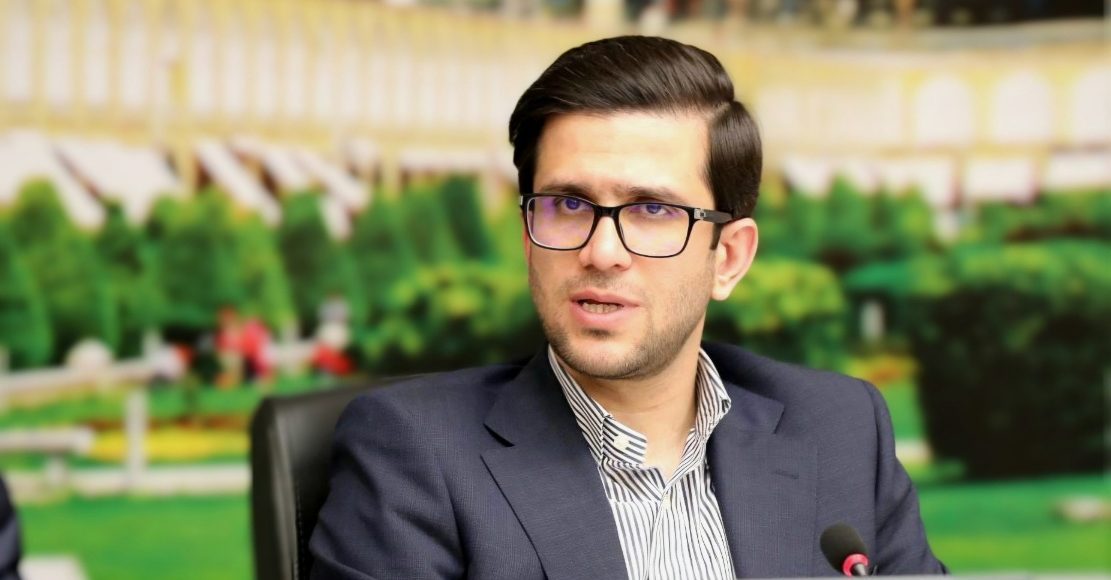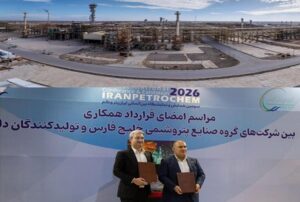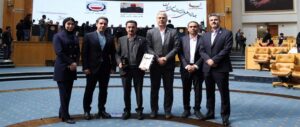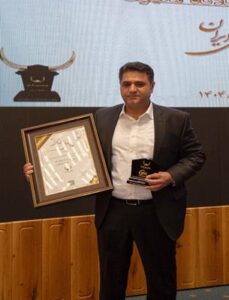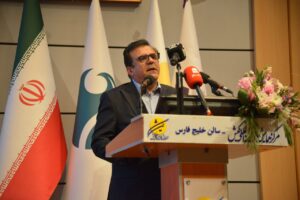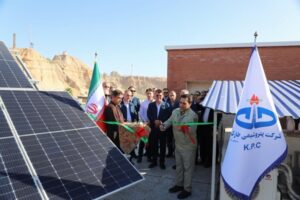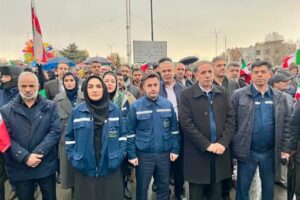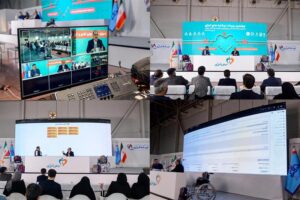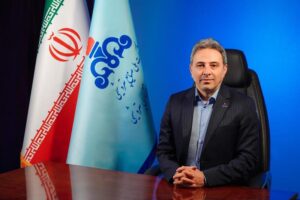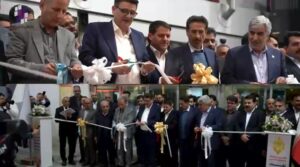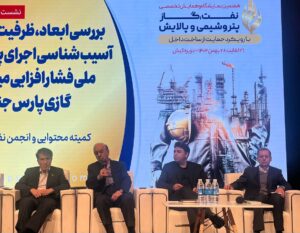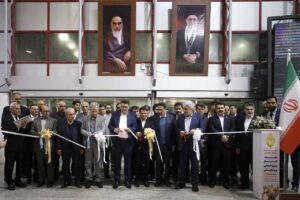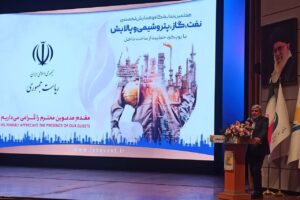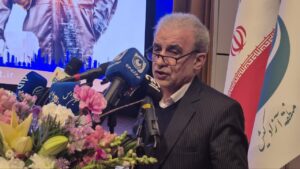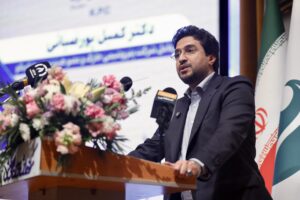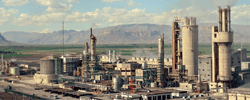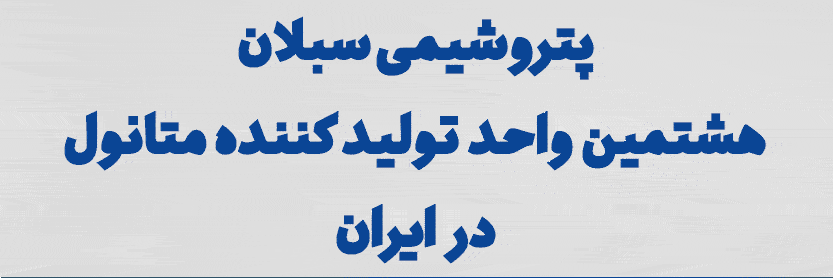Mohammad Sadegh Azimifar said in the last year, with the good performance of workers and engineers at the Isfahan Oil Refining Company, a daily increase of 2 million liters of gasoline per day was registered. This was thanks to increasing productivity and using the empty capacity of gasoline production units. This was able to compensate for part of the country’s diesel shortage in this company. The company also witnessed the brilliant performance of its workers and engineers.
He said this year, to manage fuel imbalances, the focus is on both increasing production and managing consumption so that with all these measures, the company can minimize the imbalance. In the field of increasing production, some plans to increase the quantity and quality of refineries will be put into operation this year.
Azimifar further said with the measures taken, the KHT unit will be operational in the Isfahan Refinery by June. The Isfahan Refinery Complex has also promised to operate the first phase of the RHU unit in this company by the end of this year.
The CEO of the National Iranian Oil Refining and Distribution Company (NIORDC) said, in addition to these, several projects are in other refineries in the country, such as the CCR project at the Tehran Refinery and the GHT at the Shiraz Refinery, which will be put into operation this year. He added that in the production sector, the company will also add two new refineries to the country’s 10 refineries, including the Adish refinery project, which will be put into operation in the first half of this year, as well as the first phase of the Persian Gulf Mehr project, which will be put into operation by the end of the year with the follow-ups of the Khatam Al-Anbia base.
The CEO of NIORDC stated the country needs to take fundamental measures in the consumption sector because without consumption management, it is not possible to eliminate the imbalance and fill the gap between production and consumption. He said the country has implemented priority measures to manage consumption in the refining and distribution complex, and measures such as diversifying the fuel portfolio, renewing the fuel fleet, and organizing the allocation of fuel to different sectors are being pursued. He emphasized other agencies are responsible for the country’s transportation fleet, but the company is trying to help implement fleet renewal plans for consumption management with the tools of the Ministry of Petroleum, such as the Optimization Fund.
Regarding the refining and distribution program for storing fuel for power plants this year, Azimifar said, the historical record of the refining and distribution complex was broken in terms of delivering liquid fuel to power plants in last year. The company delivered 41 percent more liquid fuel to power plants compared to previous year, as evidenced by the figures of the Ministry of Energy. He added this increase was based on the growth of refinery production, and the development of product transportation infrastructure, both pipelines and infrastructure for the modernization of the refinery’s transportation fleet, was added. He said the company will definitely use all capacities to deliver liquid fuel to power plants.
The CEO of NIORDC said in terms of supplying and managing fuel for power plants, part of the responsibility lies with the refining and distribution company, which has exceeded its announced duties, and all stakeholders must fulfill their duties in this regard. Azimifar added with the convergence and synergy that exists within the government, the company will bring the level of reserves to a stable level this year, unlike last year by establishment of the new administration was 42% lower than the same period in 2023. He expressed hope that the country will spend the winter without any challenges in the field of power plants.
Regarding support for the Isfahan Refinery, the CEO of NIORDC said meetings have been held and various plans are being pursued to increase profitability and provide financial resources for capital projects of the Isfahan Refinery. He said the company is trying to make the 5% fee discount conditional on the fact that 40% of the refinery’s profits are spent on quality improvement projects within the framework of Article 45 of the Seventh Development Plan Law, and this will be a great help in implementing the projects.

